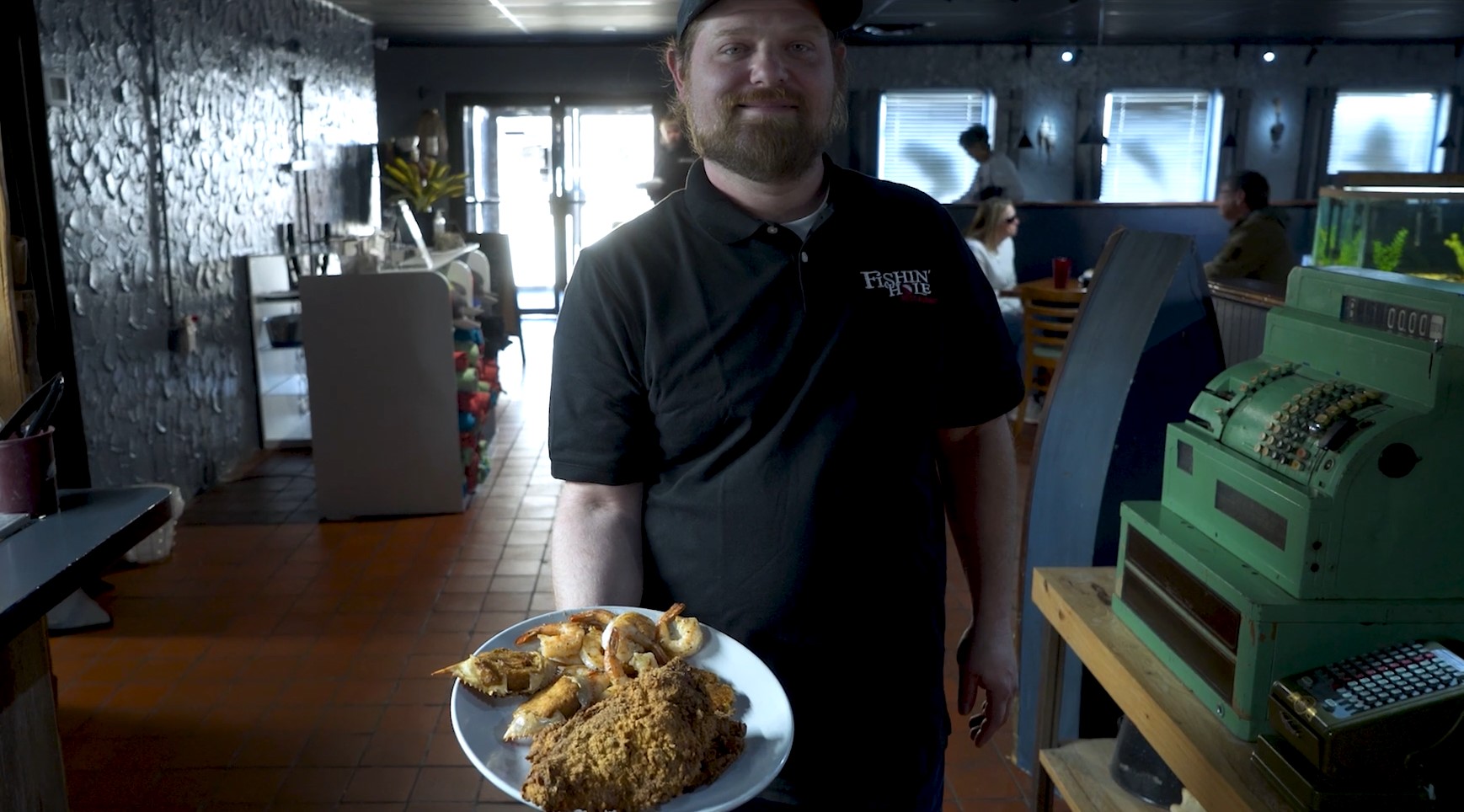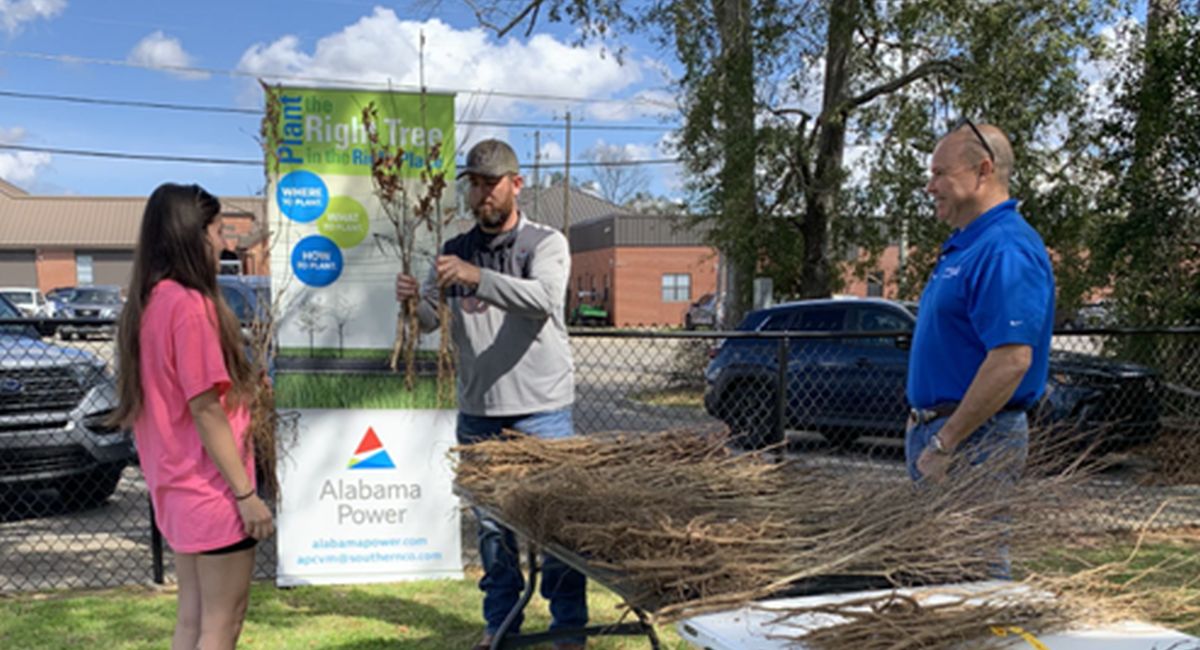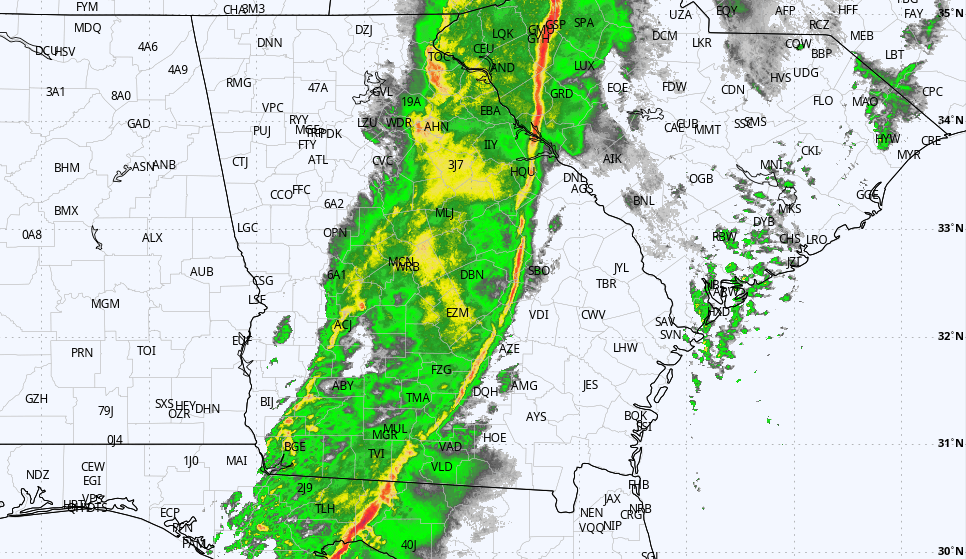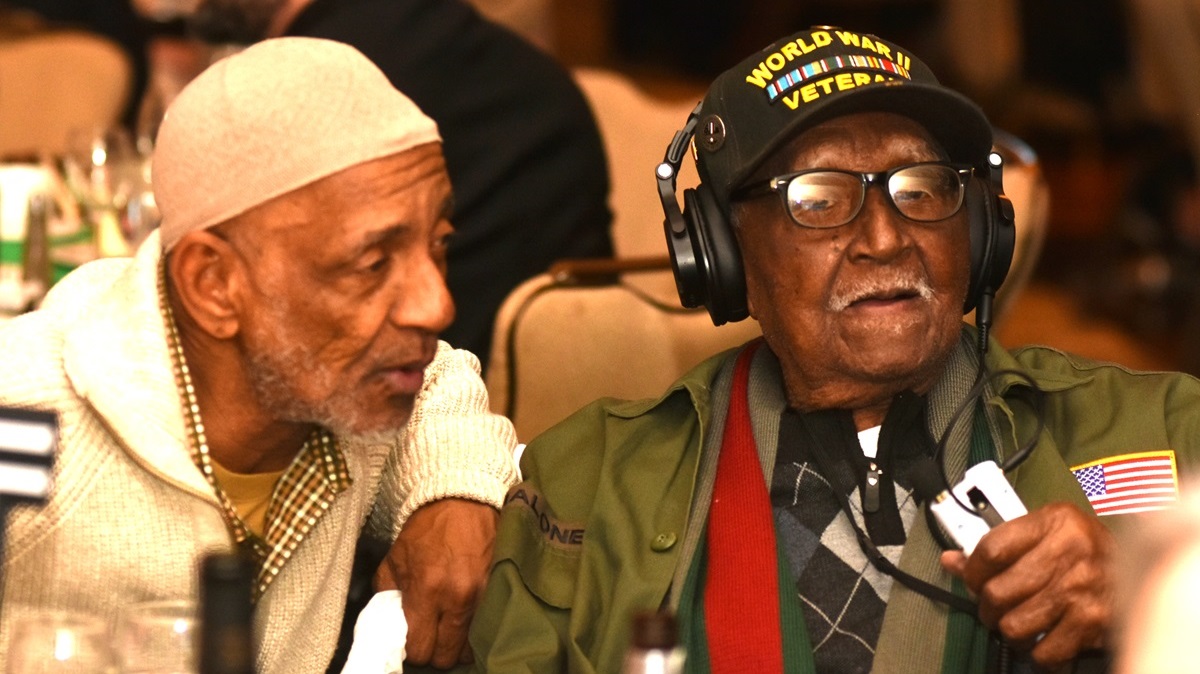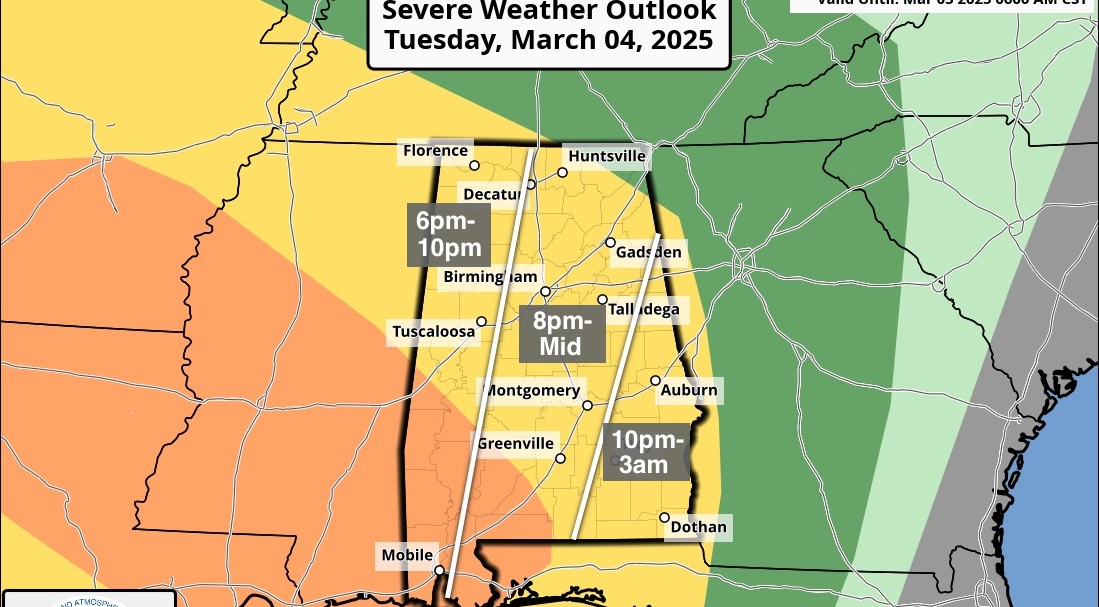Linking childhood behavior with workforce development
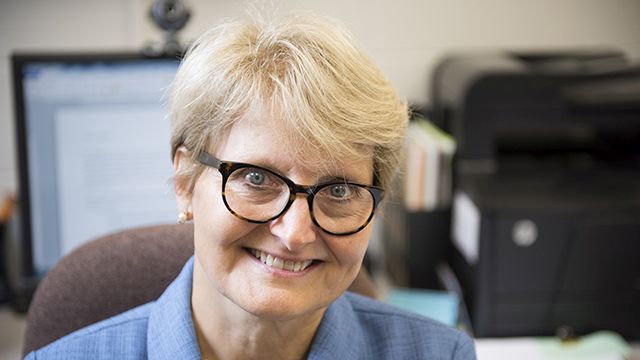
Ellen Abell got a late start to her career.
She wasn’t even aware she could make a career out of studying how a child’s environment in the first five years of life can affect them through adulthood. But Abell knew she was interested in the concept when she ran a gymnastics program in Portland for preschool children.
There, she taught a girl with cognitive disabilities who was full of confidence and always happy. She taught a boy who loved reading but was big and awkward for his age, and lacked coordination, which his parents felt was holding him back academically.
“He would be the one you would say was a klutz,” Abell said. “And he knew it. He knew he wasn’t good enough because that’s what he had been told.”
Ellen Abell from Alabama NewsCenter on Vimeo.
She saw how different environments and parenting techniques affected a child’s personality, confidence and learning abilities and Abell decided to give up her gymnastics business to pursue a career in child and family studies. She was nearly 38 years old before this second career took off.
More than 20 years later, she has earned a doctorate degree and has published more than two dozen articles on topics ranging from understanding child behavior and the everyday adult-child interactions that prepare children for school, to the social-emotional competencies adults bring to their roles as parents, teachers and caregivers of children during their first five years. She is an associate professor in the College of Human Sciences at Auburn University and is a family and child development specialist with the Alabama Extension System.
On Thursday, Abell will discuss at the Brighter Minds Education Summit how a person’s childhood ultimately affects workforce development. Brighter Minds, Alabama Power Foundation’s education initiative, focuses on three critically important areas for preparing children for college and the workforce: Early childhood education; conservation education classes for students who are in fourth grade and above; and science, technology, engineering and math (STEM) courses and workforce development scholarships for high school students.
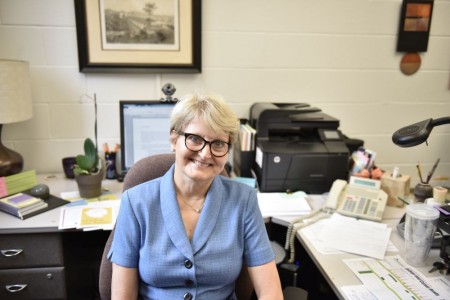 Abell is one of four panelists who will discuss how to prepare Alabama’s future workforce.
Abell is one of four panelists who will discuss how to prepare Alabama’s future workforce.
“Critical things need to happen in the early years to help children learn, deal with stress, interact with people, and calm and regulate themselves,” Abell said. A 2-year-old needs to know, for example, that he can rely on and trust his parents and other first-line childcare providers, she said. That’s why spanking a child who is that young isn’t the best way to teach him, she said.
“The fact of the matter is that the part of the brain needed to do what you want them to do isn’t even developed yet at 2 years old,” Abell said. “So it can be confusing to them to be hit by the person they trust. It creates fear and causes a ‘fight or flight’ response, which the parents then see as a sign of disrespect. It’s an escalating cycle that doesn’t have anywhere to go.”
Abell’s hope is to educate parents and other childcare providers on healthy brain development in children so they can have realistic expectations when it comes to what and how quickly their children can learn.
“There are so many studies out there following the same children for decades and we’re finding that what happens in the first three years of life impacts the physical well-being and learning capabilities through adulthood,” she said. “That’s not to say you’re doomed if you come out of a certain environment. Resilience can still be built, but we know a lot of energy has to go toward remediation.”
If Abell can drill into parents’ heads just one message, it’s this:
“Tune in to your child, not at the frequency you think they ought to be at,” she said. “I’m not talking about being a helicopter parent. I’m just saying development takes time. Learning takes time. The only way to do that is to tune in to where they are right now.”
